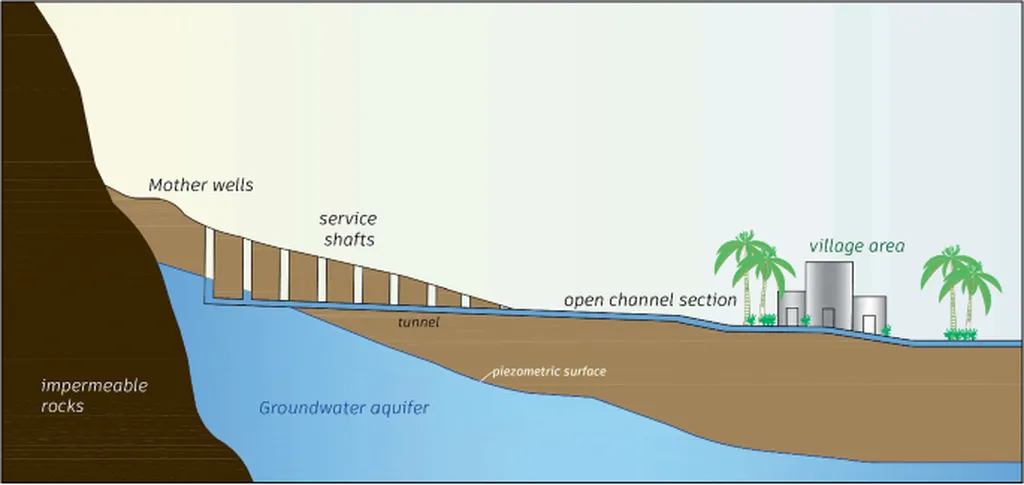In the heart of Oman, a researcher is delving into the intricate world of groundwater management, seeking to unlock the secrets of successful Managed Aquifer Recharge (MAR) projects. Ali Al-Maktoumi, from the College of Agricultural and Marine Sciences at Sultan Qaboos University, has published a comprehensive review in the Journal of Groundwater Science and Engineering (known in English as ‘مجلة علوم و هندسة المياه الجوفية’), shedding light on the critical factors that can make or break these vital water resource management initiatives.
MAR projects, which involve artificially replenishing groundwater supplies, have been gaining traction worldwide as a strategic approach to combat water scarcity. However, not all projects achieve their intended outcomes, with many falling short of expectations. Al-Maktoumi’s research aims to change that by establishing objective criteria for gauging the success of MAR projects and identifying key factors that influence their effectiveness.
The review highlights five critical performance factors that significantly shape MAR outcomes: aquifer transmissivity, vertical permeability, availability of recharge water, recharge water quality, and aquifer thickness, geometry, and boundary conditions. These factors, according to Al-Maktoumi, are directly related to project success and can greatly impact the commercial viability of such ventures, particularly in the energy sector where water is a critical resource.
“Understanding these factors is crucial for the energy sector, as water is often a limiting factor in many energy production processes,” Al-Maktoumi explains. “By improving the success rate of MAR projects, we can enhance water security and support sustainable energy production.”
The research also explores innovative strategies to improve MAR success, including cutting-edge methodologies, technological innovations, and integrated management approaches. These strategies could potentially revolutionize the way we approach water resource management, particularly in arid regions where water scarcity is a pressing issue.
Al-Maktoumi’s work is not just about identifying problems; it’s about finding solutions. By providing a clear set of criteria for evaluating MAR projects, the research aims to foster more efficient, effective, and sustainable practices. This could have significant implications for the energy sector, where water is often a limiting factor in many energy production processes.
As climate change continues to exacerbate water scarcity issues, the need for effective water management strategies has never been greater. Al-Maktoumi’s research offers a beacon of hope, providing valuable insights that could shape the future of groundwater management and support sustainable energy production.
In the words of Al-Maktoumi, “This research is not just about improving MAR projects; it’s about building a more resilient and sustainable future for water resource management.” And with the energy sector’s reliance on water, that future could be brighter and more secure than ever before.

